Every woman dreams of being a mother. Or does she really?
In Karlovy Vary Film Festival contender “Out of Love,” two estranged sisters reunite when widowed Suzanne shows up on Jeanne’s doorstep with her two kids. Newly single and childless by choice, Jeanne is startled by the sudden visit. In the morning, Suzanne disappears, leaving behind nothing but a note.
“My previous film, ‘Toni,’ was about a mom of five kids. She was raising them all by herself. It was about this extraordinary motherhood. Now, I wanted to explore the opposite side of it,” French director Nathan Ambrosioni tells Variety.
“I knew I wanted a feminine perspective on this because I’m a young queer filmmaker. I just feel more at ease working with a queer person or a woman,” he says of his female-centered drama, which reunited him with Camille Cottin (“Call My Agent!,” “House of Gucci”) cast as Jeanne.
She’s joined by Juliette Armanet, Monia Chokri, Féodor Atkine, Myriem Akheddiou and Guillaume Gouix. The film is produced by Nicolas Dumont for Chi-Fou-Mi Productions, with Studiocanal handling sales.
The taboo surrounding “unfit” or unwilling mothers is still going strong, he argues.
“We are more used to seeing absentee fathers. I’m not saying that what Suzanne does isn’t extreme, but she would be a ‘bad mother’ even if she would just go to work every day. It’s the same with Jeanne. Potential financiers told us: ‘She’s horrible.’ They found it shocking she didn’t want these children, but why would she?! Camille’s a mother herself, but she understood it right away.”
After the initial shock, Cottin’s character decides to take care of the abandoned kids, a girl and a boy. But her dilemmas don’t stop there.
“How do you construct a family without the presence of a mother or a father? How do you become a parent without becoming a mother? Eventually, Jeanne starts to understand that nobody’s asking her to replace Suzanne. She can still be their aunt, and that’s ok.”
Fascinated by real-life cases of people who go “voluntarily missing,” sometimes never to return, Ambrosioni wanted his film to feel as accurate as possible.
“I talked to cops, judges, social workers. All these people who choose to disappear… I didn’t even know it was possible. There is a scene with a judge that mirrors my actual conversation with her. I told her about the film, and she asked: ‘Maybe she left out of love?’ I thought it was so beautiful.”
Suzanne, pushed to the brink, leaves out of love, but Jeanne decides to stay – also out of love. For the sister she barely knows anymore and for two children left alone in her home.
“On top of that, she has a broken heart. She lost the love of her life, Nicole, precisely because she didn’t want kids. It’s an even bigger tragedy than her sister leaving,” he adds. But while emotions run high, his characters suffer in silence.
“I never yell and I’m very shy with emotions. I knew I was going to work with kids and didn’t want to put them in any weird situations, but I also wanted this to feel quiet. I love Hirokazu Koreeda – nobody ever yells in his films. I love ‘Ordinary People.’ I wanted to make a film that doesn’t feel angry,” he says.
“We always see people crying and screaming on screen, and these are considered ‘Oscar-worthy’ performances. Here, Camille cries alone, hidden in a corner, and I would still give her an Oscar for what she does in the film. People can be amazing AND quiet.”
Following “Toni” and “Out of Love,” Ambrosioni isn’t done with families – or mothers – just yet.
“My next movie, one that I’m writing right now, is also about a mom and a kid. You can’t choose your family – you just… end up there. They are such a beautiful mess, and you have to deal with it. But what if you don’t?,” he wonders.
“Suzanne could have asked for help. Lots of people can’t understand her actions and when we were developing the film, they would ask: ‘What did her note say?’ We are not going to know. But I’m impressed by her, in a way. To her, family is something she can either accept or refuse. She can choose, and she chooses to leave.”
As for Ambrosioni, he chooses not to judge any of his characters.
“If you judge your characters, you judge your audience. If you’re a mom and you’re watching this film, and maybe you can’t deal with your kids anymore, it won’t tell you to leave them, but it will tell you that what you’re feeling right now is ok. It’s ok not to know how to deal with your children. It’s ok not to want them, too,” he says.
“We don’t have that many safe places in the world right now, and I want my films to feel safe. Always. I wanted them to feel real, human and lovable. Family, society, friendship: that’s really all we have.”

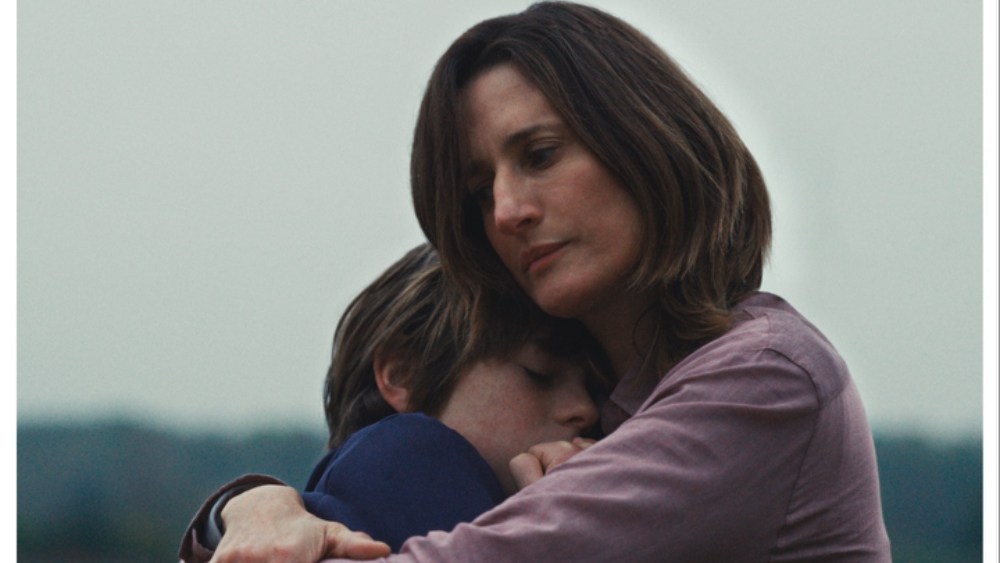
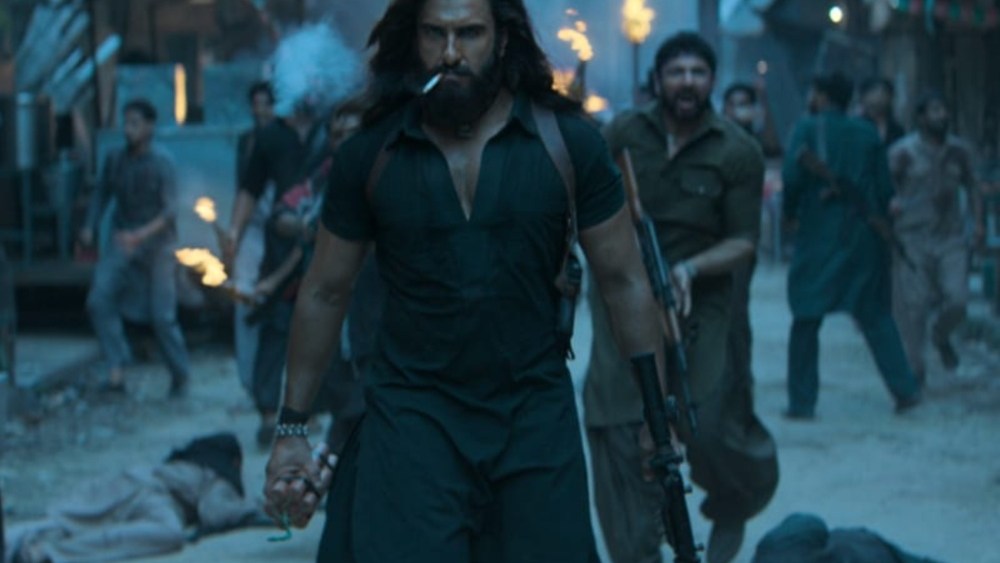

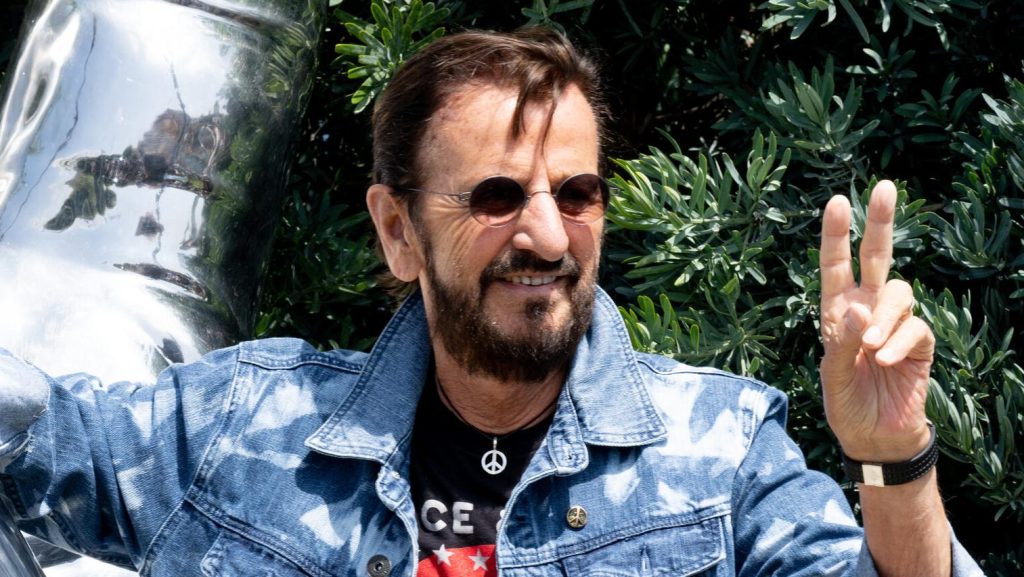

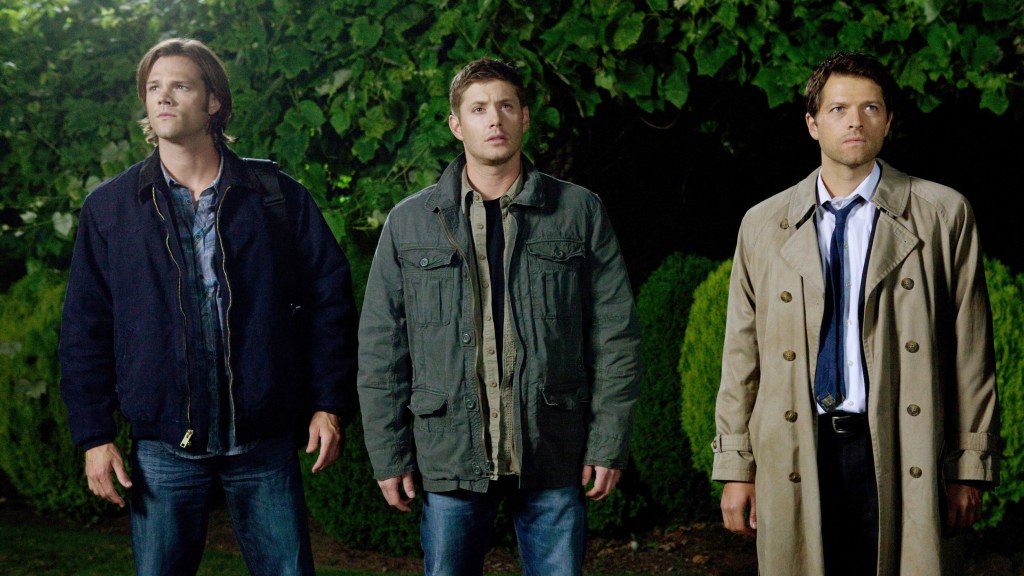

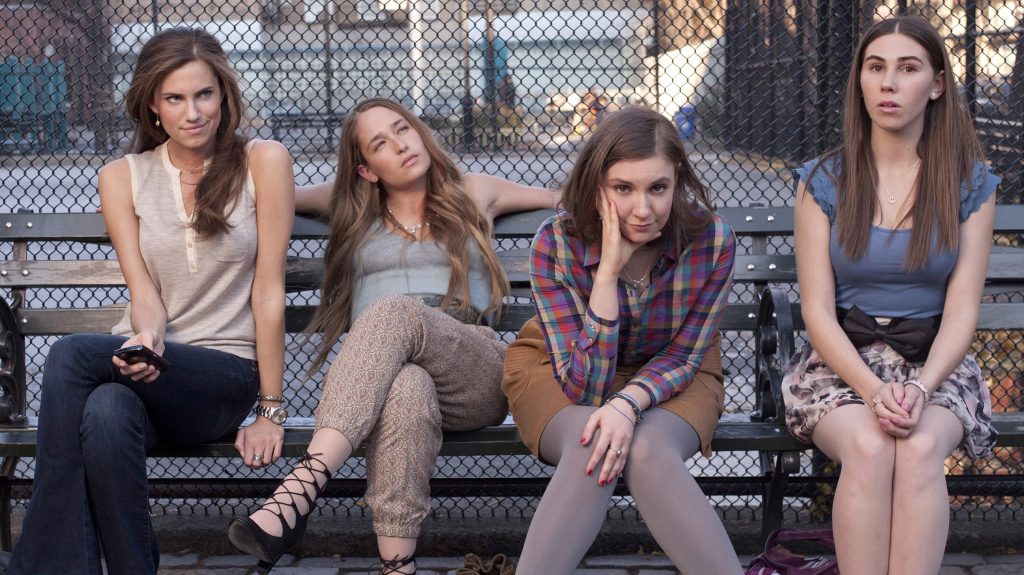

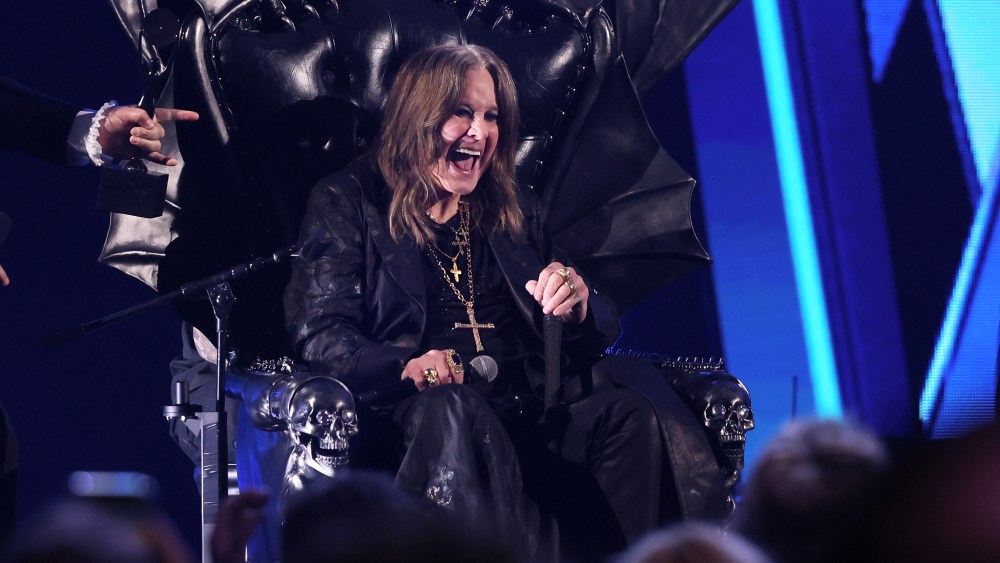

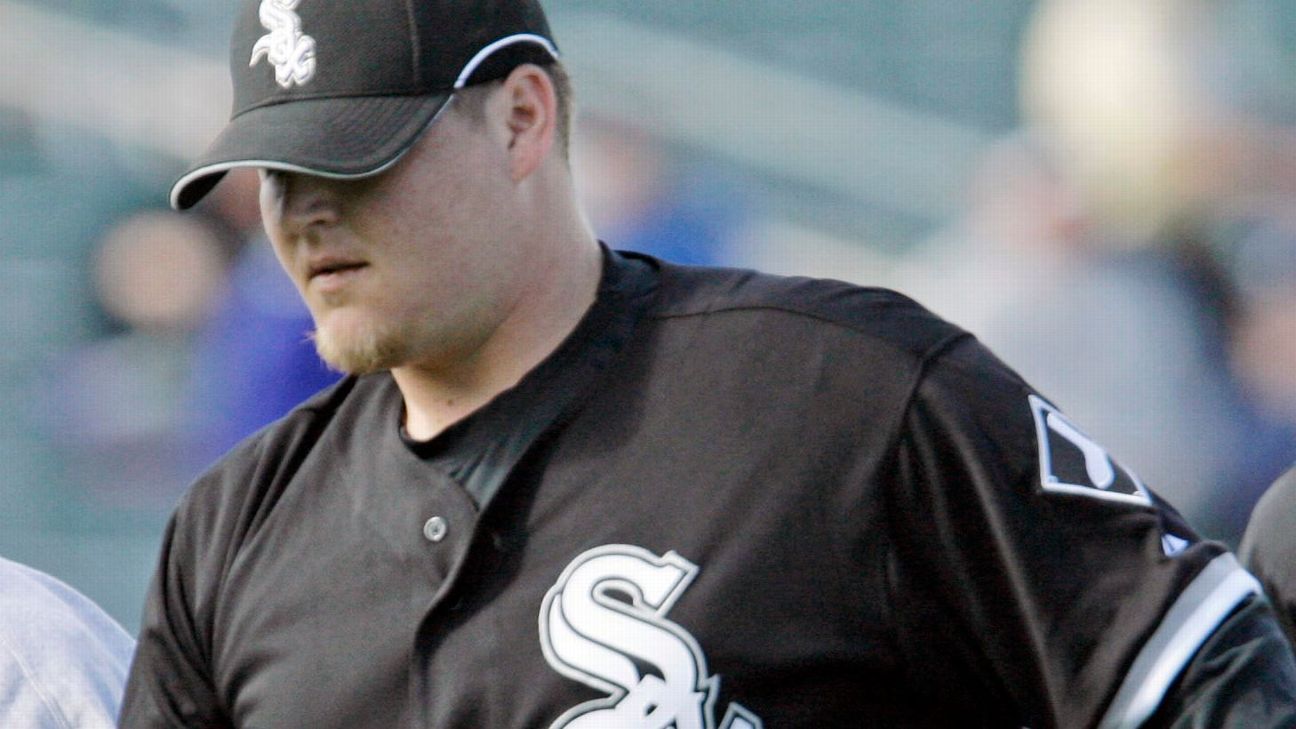


Leave a Reply